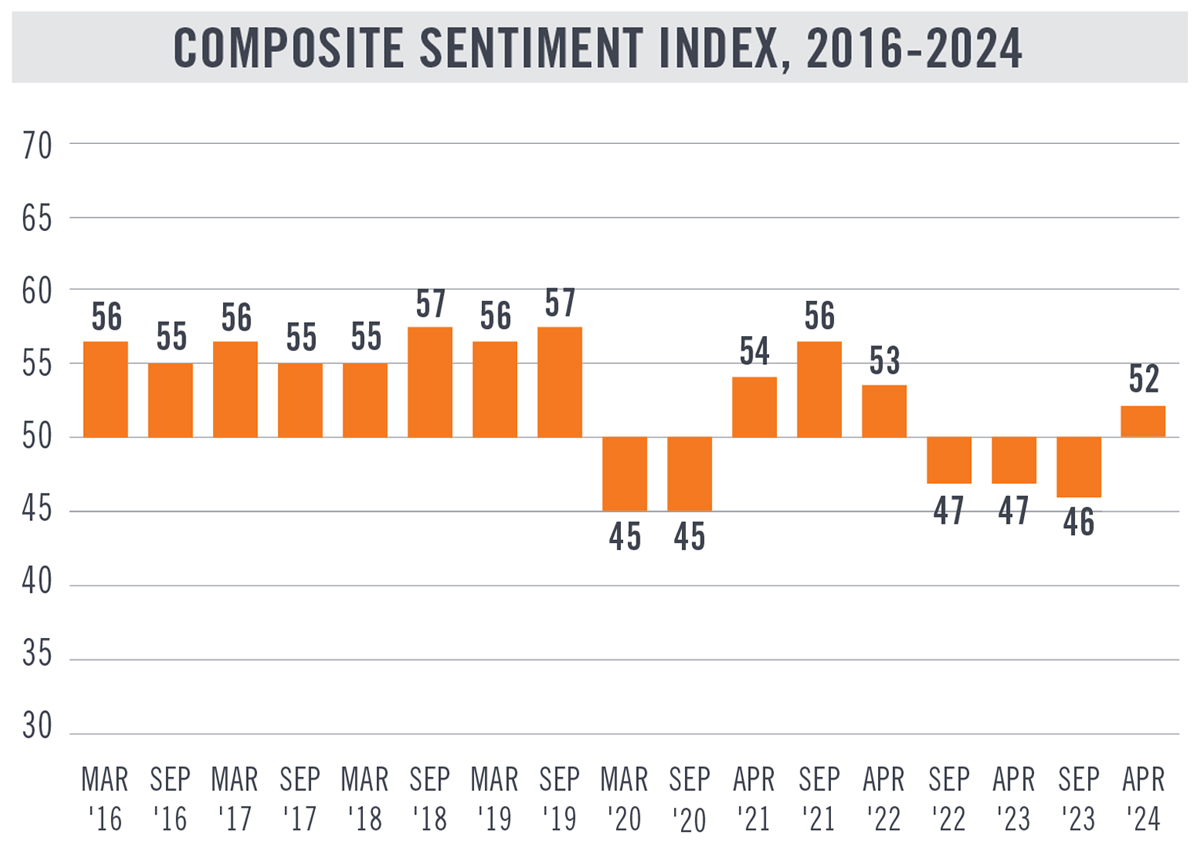IRS Closes Remaining REIT Spinoff Loopholes
By Stuart Eisenberg & Bob Klein, BDO: The IRS and Treasury Department have closed a gap in tax law that allowed companies to spin off property holdings into REITs despite a December 2015 law banning the practice.
 By Stuart Eisenberg & Bob Klein
By Stuart Eisenberg & Bob Klein
The IRS and Treasury Department have closed a gap in tax law that allowed companies to spin off property holdings into REITs despite a December 2015 law banning the practice.
The government, which announced the regulations last week, asserts that they are “necessary to prevent abuse.”
Last year, sky-high property values and pressure from investors resulted in a string of businesses–retailers, hotels and restaurants–spinning off their property holdings into REITs to unlock value, benefit shareholders and achieve tax advantages. Proponents of the move pointed to buoyed share prices, while critics questioned whether the deals were beneficial from a long-term cost standpoint.
Our colleague Kevin Anderson explained: “If a C-corporation can move its real estate assets to a REIT without paying any federal income taxes on the property transfer, the corporation will further reduce its federal income tax liability by paying deductible rent to the REIT.”
Enacted in December 2015, the Protecting Americans from Tax Hikes (PATH) Act included provisions that discouraged companies with extensive real estate holdings from spinning off corporate assets into publicly traded REITs. One such provision prohibited companies from opting for REIT status for 10 years after spinoff.
What the law failed to ban, however, were transactions in which a spun-off company merged into an existing REIT.
The new regulations, effective immediately, require spinoff companies that attain REIT status to pay corporate-level taxes on certain transactions where a C-corporation’s property becomes the property of a REIT–whether that REIT is new or existing. This effectively shuts down the tax benefits of spinning off the assets into a REIT or merging a spinoff company into an existing REIT.
Current rules still allow for tax-free spinoffs to continue, provided that neither of the entities seeks REIT status within 10 years of the transaction’s completion.
It’s also worth noting that companies that sought rulings from the IRS before Dec. 7, 2015, to complete REIT spinoffs will still be allowed to do so. Earlier this month, Hilton’s board of directors approved plans to spin off its timeshare and the bulk of its real estate into what will be the second-largest publicly traded REIT in the lodging industry, Park Hotels & Resorts.
Simultaneously, The New York Times reports that shareholder activism is on the rise among REITs, which have not historically seen many activist investors. REITs and companies with significant property holdings will continue to feel the pressure from stakeholders to unlock value–and we can expect that new avenues will emerge.
Stuart Eisenberg is a partner & national leader of BDO’s Real Estate and Construction practice, and can be reached at [email protected]. Bob Klein is a managing partner in tax services at BDO USA, and can be reached at [email protected].







You must be logged in to post a comment.